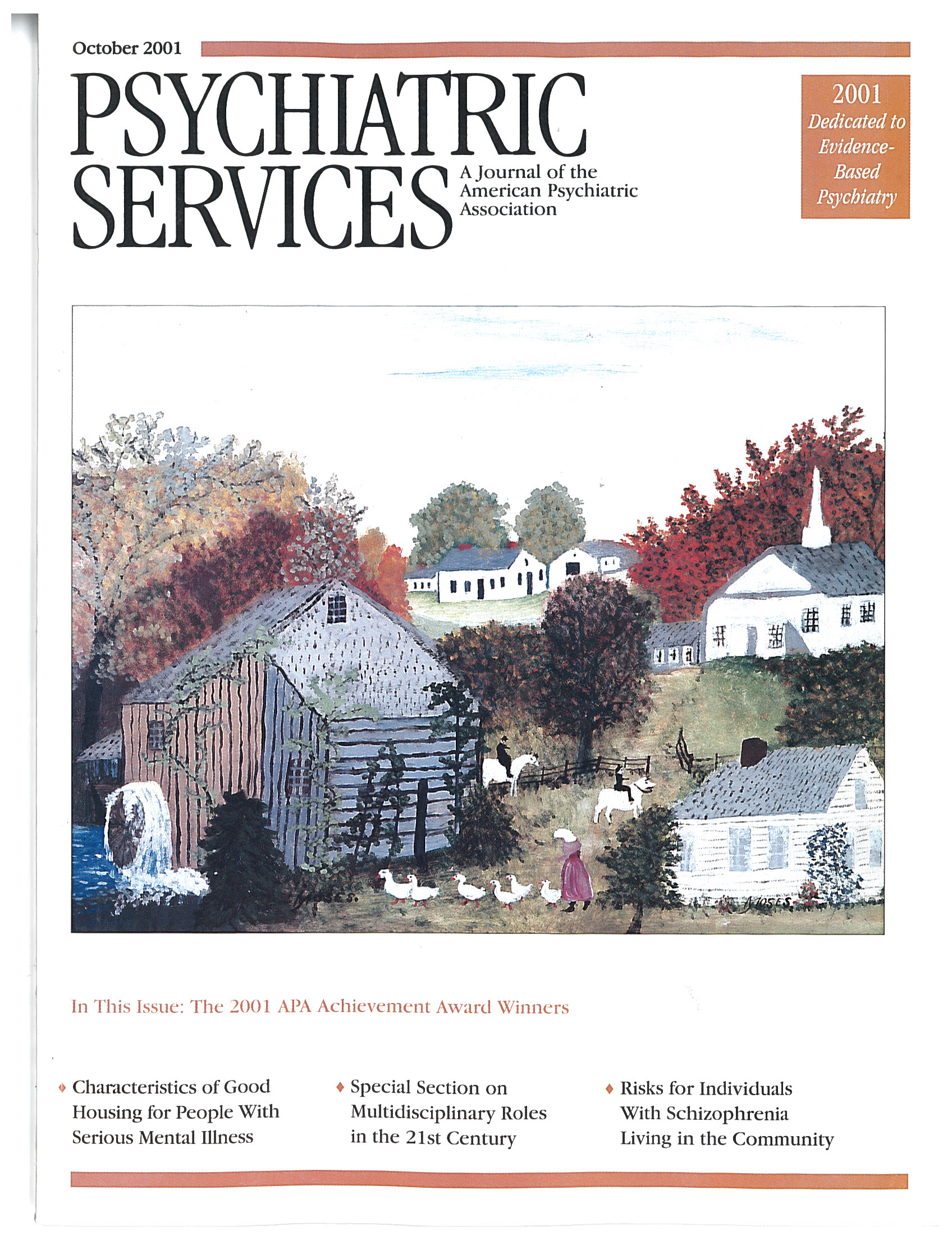A Self-Assessment Program for Multidisciplinary Mental Health Teams
Abstract
OBJECTIVE: The authors describe a self-assessment training program for multidisciplinary mental health teams that was developed in a public multihospital system, the process of implementing the training at a state psychiatric hospital, and a measurement instrument, the Scale for Leadership Assessment and Team Evaluation (SLATE), which they have used for self-assessment of multidisciplinary teams and which is currently being studied. They assessed whether changes in team self-assessments could be seen after the training program. METHODS: A total of 102 mental health professionals from 12 inpatient units representing the disciplines of psychiatry, psychology, nursing, social work, and occupational and activity therapy completed the SLATE before and after participation in a training program that consisted primarily of team self-assessment in the context of treatment planning sessions. The training program included structured feedback, didactics, consultation, and videotaping of sessions. Aggregate data were used to compare mean item scores for the SLATE overall and for its four subscales (team, psychiatrist, participation, and treatment plan) at baseline and after the training. RESULTS: Scores increased significantly for the overall SLATE and for all four subscales, indicating improved team functioning in the areas addressed. The increase in mean score was greatest for the subscale that assessed the leadership of the psychiatrist. CONCLUSIONS: Treatment planning sessions can be used successfully by multidisciplinary mental health teams to examine team functioning in various areas in a self-assessment model. Participation in a training program that included videotaping of sessions, consultation, and structured attention to team functioning was associated with improved ratings of team functioning.



